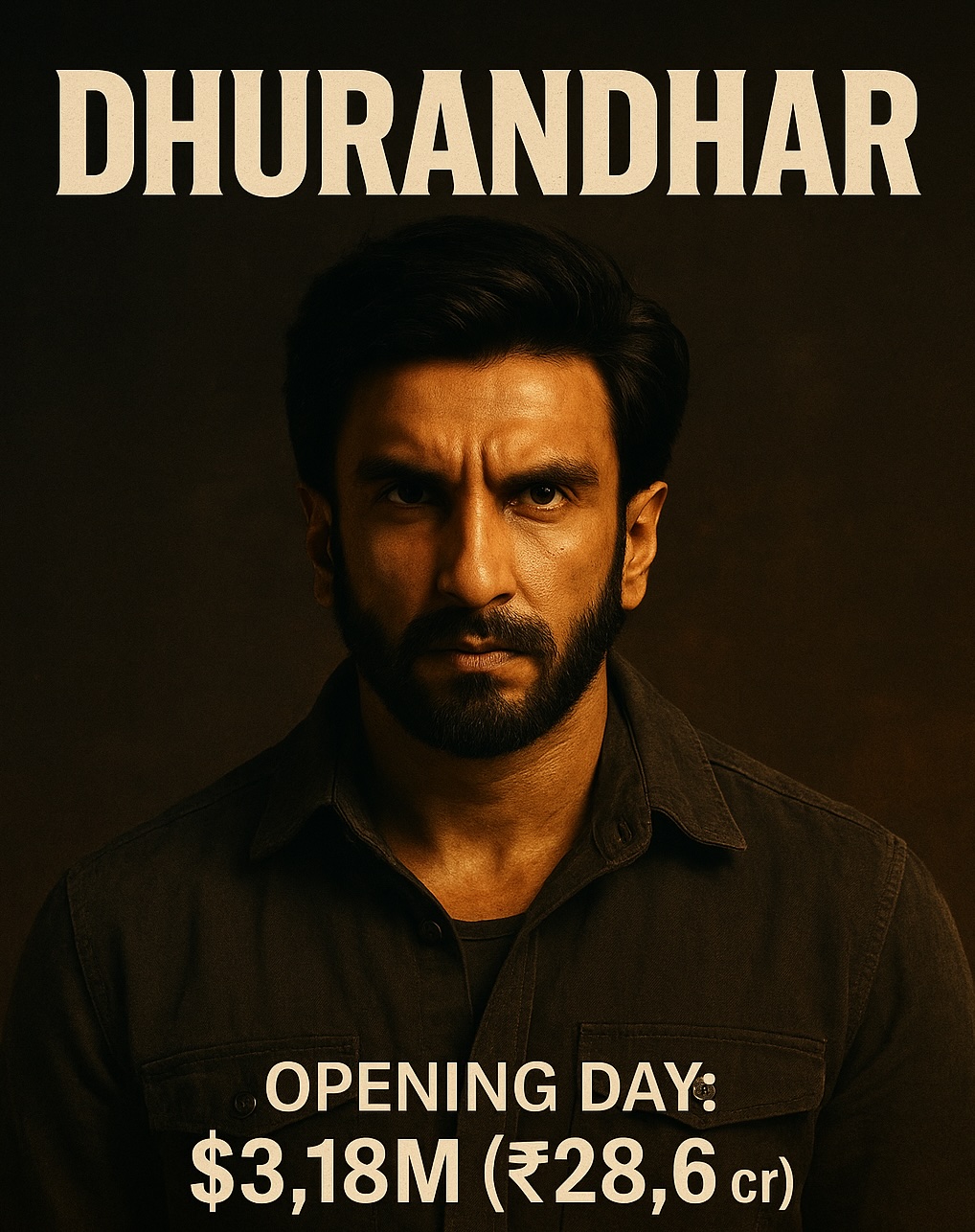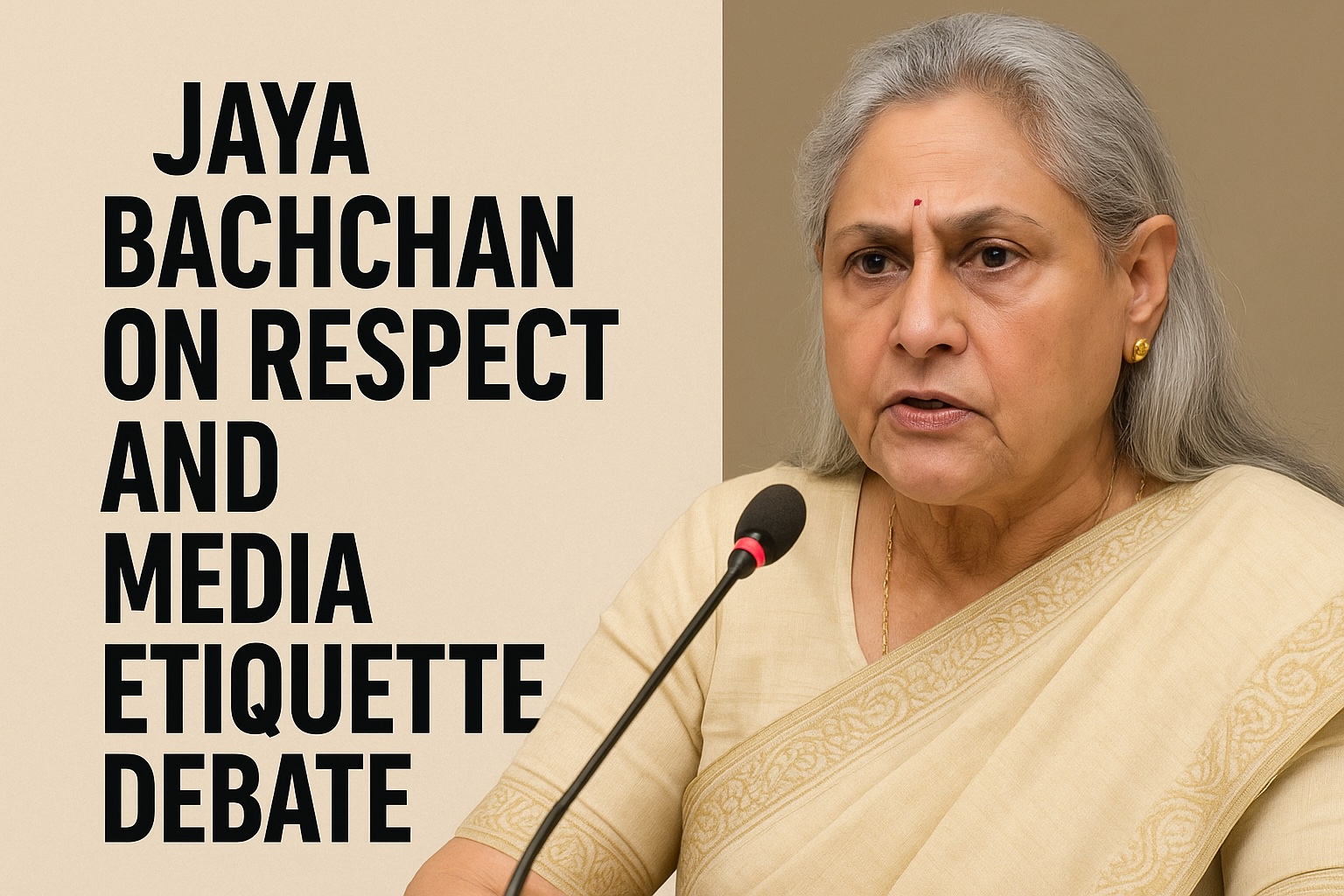Director Srijit Mukherji remakes his Bengali film ‘Rajkahini’ and relocates the story from Bengal to Punjab where action revolves around Begum Jaan’s ‘kotha’ (brothel). But he opens (and closes) the film in 2016, with scenes of a young couple being harassed by drunken goons on a local bus and the arrival of an unexpected protector – an old, pigtailed woman. It’s not too hard to guess whom she is but the question remains, how did she get there? This is just one of many devices Mukherji employs in his screenplay to deliver messages about women’s rights, dignity, strength, valour and exploitation.
Cut to 1947: India has just become Independent, but freedom has come at a price called Partition. A brothel is going to be cut in two by the border passing right through it. One half will be in India and the other in Pakistan. This is a place that knows no religion or faith or caste hierarchy. The flesh trade is secular, especially the domain of Begum Jaan (Vidya Balan), whose ballsy and foul-mouthed character is given added confidence by the patronage of the local king (Naseeruddin Shah). Here lies the strongest idea in this flat film. Flat because it all feels rather staged and theatrical. Lots of messages are passed on through Begum Jaan and the plight of her girls. But the relationships and interactions are highly designed. The way they stand and where they stand, the body language, how they clear the ‘stage’ for Begum Jaan to sit in exactly the same position, sucking on her hookah, making bombastic and defiant speeches or striding across the courtyard, snapping orders at her girls and staff.
Ashish Vidyarthi and Rajit Kapur play the two officers representing India and Pakistani respectively assigned with executing the Radcliffe Line and evicting Begum Jaan. Mukherji’s camera films only one half of each of their faces. It’s pretentious framing and a cheap trick metaphor, much like the one Vidyarthi ominously turns over an hourglass to indicate that Begum Jaan’s time is up.
Another device used by Mukherji is that of the a grandmotherly lady (Ila Arun) of the brothel who tells stories of women in Indian history and mythology who fought for ideals and their country – Mirabai, Rani of Jhansi, Razia Sultan and Rani Padmavati. These stories are told in sepia tones with all the women played by Balan. Unexpectedly the only character that rings true is that of the mercenary Kabir played with relish by Chunky Pandey. His shorn head and stained teeth give him the freedom to step away from the tiresome Aakhri Pasta roles he’s so identified with and bring a whole new meaning to creepy and captures what we imagine were some of the true fallouts of Partition.
Gauahar Khan, Pitobash Tiwary, Pallavi Sharda, Vivek Mushran and Mishti do what they best can in barely fleshed out roles that find voice too late but never find soul. The staginess, theatricality and overdone production design distract, with soap-opera histrionics hampers further. Mukerji places all his bets on Balan as Begum Jaan, but doesn’t give her the background, the moments or the guidance to make us care for her or her extended “family”. She’s grumpy and domineering, she’s smart but headstrong and we know she’s kind and caring because she tells us. But it would have been far more effective and preferable had we felt it instead, something Balan is more than capable of expressing, given the right mould.
Rating: **





